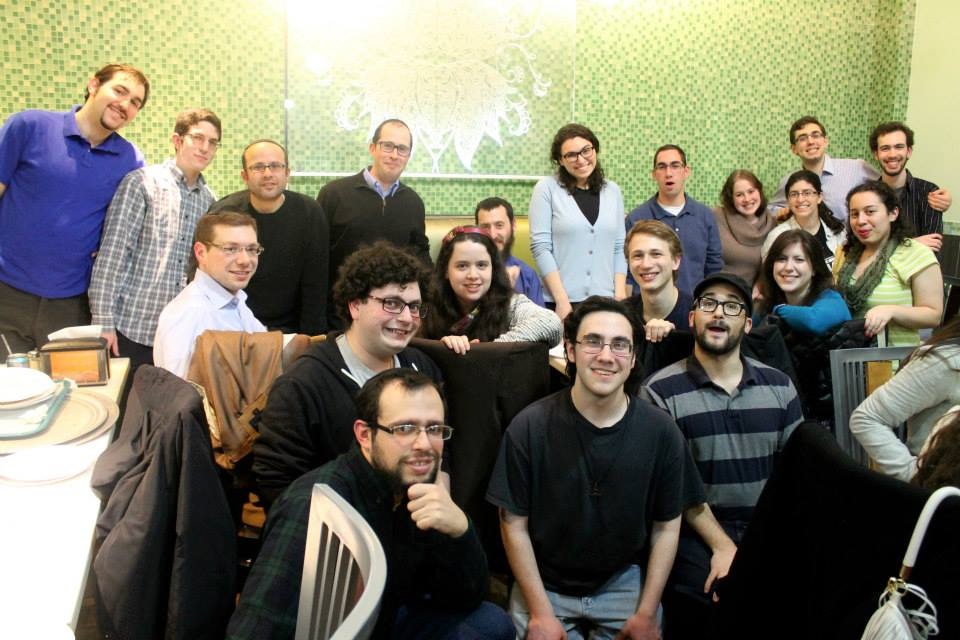Challenges and Opportunities for a Robust Orthodox Judaism
The mid-nineteenth century was a heady era for Reform Judaism in America, with a strong influx of German Jewish immigrants for whom the modernity of Classical Reform resonated. By the middle of the twentieth century, the whole world seemed to be moving toward Conservative Judaism—certainly Orthodox Judaism was the odd man out, or so it appeared. The Jewish community fully embraced suburbanization, and whether in the city or in the suburb, new synagogues being built were almost entirely without mehitsot (partitions between men and women) and with large parking lots.


